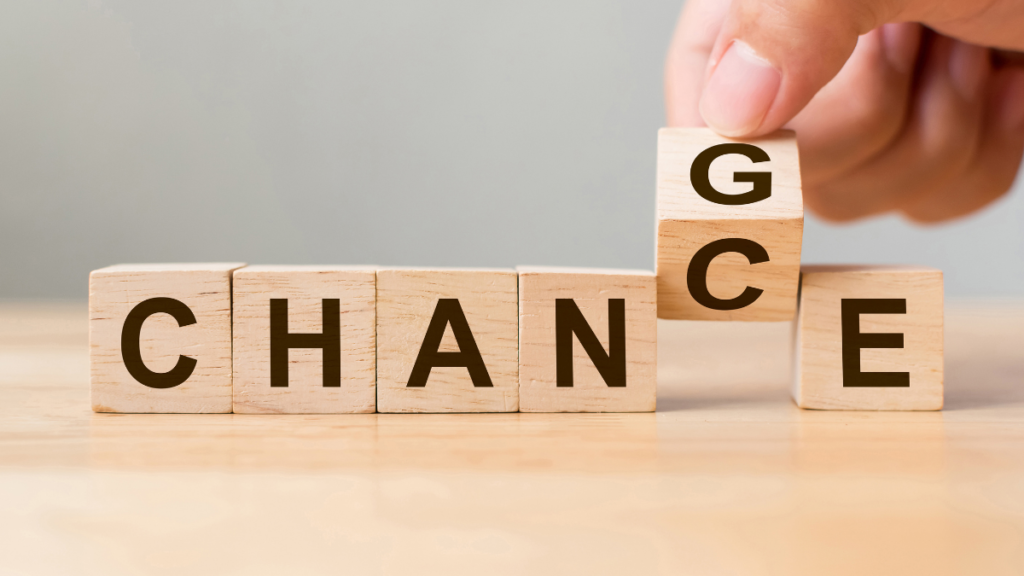Thriving in the Gig Economy: A Primer for Women

This post is based on a webinar hosted by Dr. Denise Reading. It’s the first in an ongoing series of workshops, webinars, and for-credit courses offered by the Institute for Women, Wellness and Work to help women explore freelancing, consulting, and solopreneur opportunities as a path to a satisfying and successful professional experience. “Gig economy” is a phrase you’ve probably heard a lot, especially in the last couple of years. It refers to the part of the workforce (more than half!) that doesn’t work full-time for one employer, but instead takes on multiple opportunities from different sources. The term got its start in the music industry. Musicians generally refer to a performance they’re hired for as a gig. That terminology has spread to other industries,…







